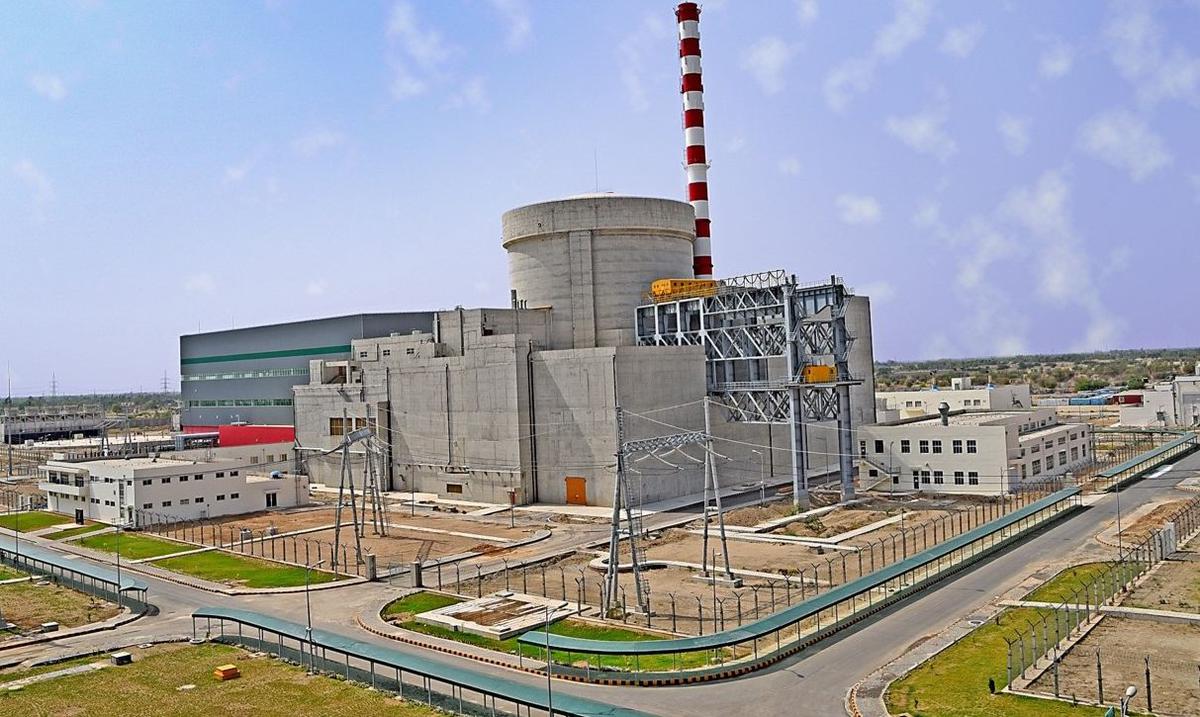- The recent agreement between China and Pakistan for a 1,200 MW nuclear power facility in Pakistan’s Chashma nuclear complex has far-reaching consequences.
- This article delves into the specifics of the agreement, China’s role in Pakistan’s nuclear programmes, Pakistan’s energy crisis, and the broader consequences for the global nuclear trade.

The Latest Deal Signed at the Chashma Nuclear Complex:
- Pakistan inks deal for a 1,200 MW nuclear power facility at the Chashma nuclear complex.
- Financial concessions: China offers “special concessions” for building funding in the midst of Pakistan’s financial crisis and continuing IMF bailout negotiations.
- The new plant (C-5) will be the largest reactor at the Chashma complex, employing China’s Hualong One reactor technology.
Nuclear Projects in Pakistan by China
- Existing Plants: China has built four phases of the Chashma nuclear complex, each with four 325 MW reactors.
- reactors in Service: Pakistan now operates six Chinese-built nuclear power reactors, four at Chashma and two at the Karachi Nuclear Power Plant (KANUPP).
- Energy Solution: The KANUPP-3 reactor, which is fueled by a Chinese Hualong One reactor, just got fully operational, alleviating Pakistan’s energy problem.
- KANUPP-3 is a component of China’s Belt and Road Initiative (BRI) and the China Pakistan Economic Corridor (CPEC).
The Energy Situation in Pakistan
- Pakistan has a prolonged energy deficit, a financial crisis, and mounting import expenses.
- Renewables and Nuclear Energy: To minimise reliance on imported fuel, the government urgently needs to boost its proportion of renewables and nuclear energy.
- Current Energy Blend: Thermal sources account for 61% of Pakistan’s energy mix, hydropower 24%, nuclear 12%, and wind and solar 3%.
- Increase in Nuclear Capacity: Pakistan seeks to increase nuclear capacity, which has climbed by 39% year on year to 3,530 MW.
Broader Consequences
- Exemptions and prohibitions under the NSG: Concerns have been raised by China’s nuclear trade with Pakistan about the Nuclear Suppliers Group’s prohibition on technology transfer to non-NPT signatory countries. China claims that previous agreements with Pakistan exempted the Chashma 3 and Chashma 4 reactors from NSG sanctions.
- Unlike the India-US nuclear accord, China has not requested NSG waivers, and Pakistan has not made comparable promises, raising concerns about the fairness and uniformity of global nuclear governance.
- Erosion of Global norms: The nuclear accords between China and Pakistan add to the erosion of global norms governing nuclear trade, highlighting the necessity for a strong international framework to safeguard non-proliferation and safety standards.
- The NSG’s Prospects: The activities of China and Pakistan call into question the Nuclear Suppliers Group’s relevance and efficacy in addressing rising challenges in the global nuclear trade.
Source: https://www.thehindu.com/news/international/explained-does-the-china-pakistan-nuclear-deal-flout-global-rules/article67006232.ece
